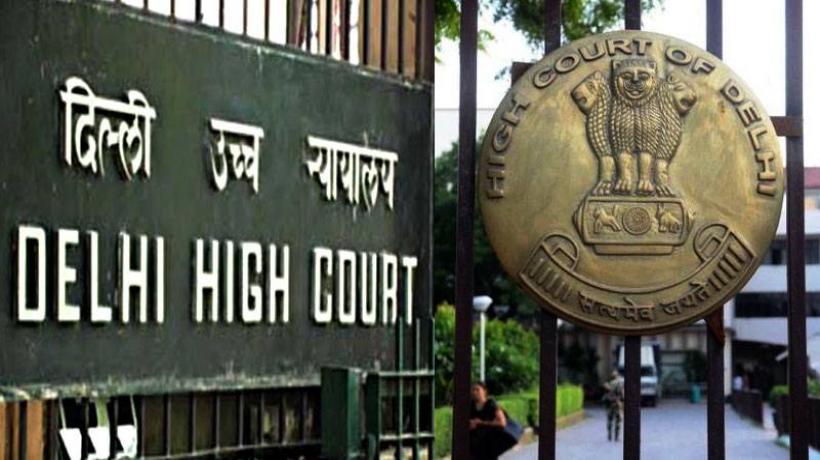NEW DELHI
Jailed Aam Aadmi Party (AAP) leader Sanjay Singh moved the Supreme Court challenging the Delhi High Court order dismissing to reject his plea against his arrest by the Enforcement Directorate (ED) in a money laundering case linked to the now-repealed excise policy of the Delhi government.
On October 20, the high court declined to intervene in Singh’s arrest, stating that it cannot ascribe a political motive to a premier investigative agency without concrete evidence on record.
Singh has approached the apex court challenging the high court order through a petition filed by advocates Vivek Jain and Rajat Bhardwaj. The high court had dismissed the AAP parliamentarian’s petition challenging his arrest and detention in ED custody, emphasizing the direct connection between the reputation of a premier investigative agency and the country’s reputation as a just entity.
“While the investigation is still in its infancy, this court will not insinuate or ascribe any political motive to the investigating agency in the absence of any material on record, and it does not perceive it as a prima facie case of lacking evidence,” the high court declared while delivering the verdict.
“At this early stage when the investigation is in its initial phases, this court finds no basis to interfere with the remand or arrest order in any way. Dismissed,” it added.
Sanjay Singh, who was arrested by the ED on October 4, had approached the high court to challenge his arrest and detention in the money laundering case connected to alleged irregularities in the Delhi excise policy for 2021-22. He contended that his arrest was “illegal, malicious, and a clear case of abuse of power,” based solely on the statement of an approver.
The ED’s money laundering case originated from the CBI FIR. According to both the CBI and the ED, irregularities occurred during the amendment of the Delhi Excise Policy 2021-22, and undue favors were granted to license holders. Singh was alleged to have played a significant role in devising and implementing the policy, which allegedly benefited specific liquor manufacturers, wholesalers, and retailers in exchange for financial considerations.
Following his arrest, the trial court placed Singh in the custody of the anti-money laundering agency, and subsequently, he was transferred to judicial custody.

